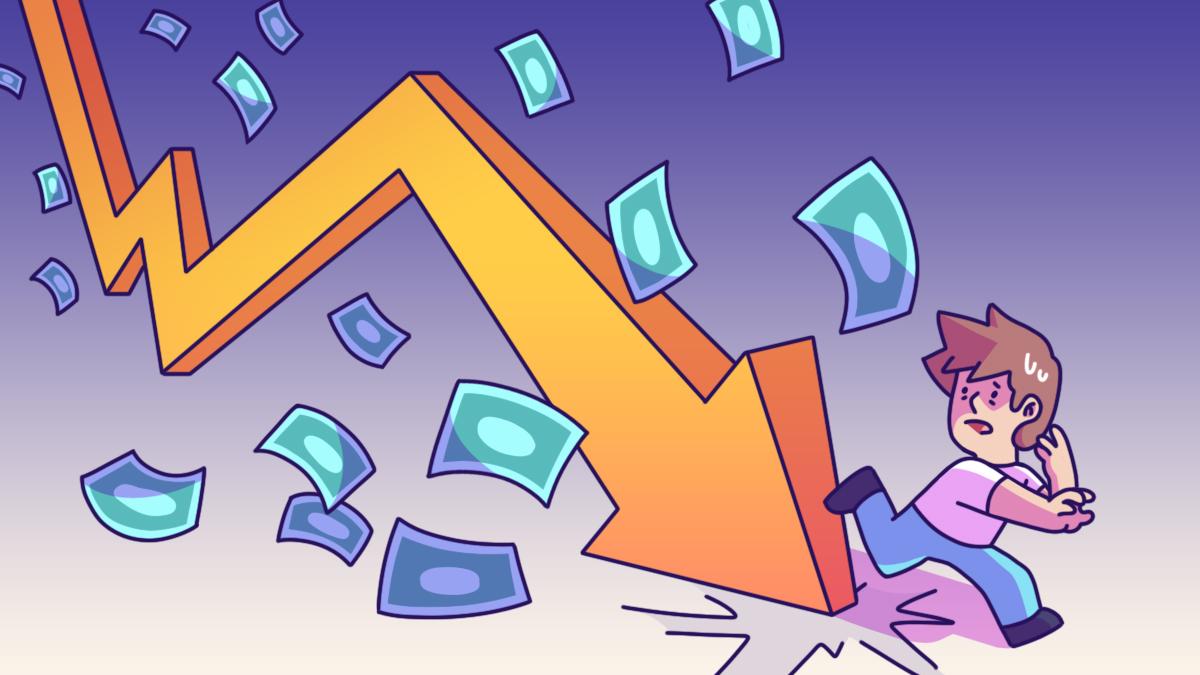Assets Are Always Priced According To Fundamentals
In financial markets, the pricing of assets is not a random act but rather based on the principles of fundamental analysis. Assets are priced based on their financial health and performance. For example, in figuring out if a stock is a good investment at a certain price, to ascertain the company’s intrinsic value, we will assess the price based on the company’s Earnings Per Share (EPS), revenue growth, profit margins, and the overall growth trajectory. But then, why do stock prices fluctuate on a day-to-day basis when the underlying fundamentals don’t often change? One of the intriguing puzzles within financial markets is the seeming disconnection between the stability of fundamental factors and the daily price fluctuations. While the fundamentals of an asset may remain relatively unchanged over short periods, their price volatility and unpredictability are caused by various market dynamics at play.Market “Emotions”
Financial markets, particularly stock markets and bond prices, show that daily fluctuations can leave investors on an emotional roller coaster. Understanding the underlying factors can help relieve investors fears and to prevent them from making investing mistakes. Generally, investors react to market movements in the following ways:- Stock market up - “I'm optimistic, I think companies will do well. They will likely grow, make more money and be worth more in the future”
- Stock market flat - “I don't know what to do”
- Stock market down - “I'm pessimistic, I think companies won't do well. They will not likely do well, make less money or become worthless”
Common Market Sentiment Drivers
Several market factors contribute to these emotional swings, including:Economic Factors and Situations: The Sentiment Barometers
Economic indicators serve as the pulse of market sentiment. Inflation rates, interest rates, and currency fluctuations act as powerful barometers, influencing the collective mood of investors.- High inflation may trigger concerns about eroding purchasing power, while changes in interest rates can alter the attractiveness of various investment avenues.
- Currency fluctuations, in turn, affect the competitiveness of businesses on a global scale.
- These economic factors collectively contribute to the emotional swings in the market, guiding investors towards optimism or caution based on the prevailing economic conditions.
Geopolitical Issues: The Cloud of Uncertainty
Geopolitical events cast a looming shadow over financial markets, injecting an element of uncertainty that can trigger market reactions. Trade sanctions, military conflicts, and other geopolitical developments have the potential to disrupt global economic stability.- Investors, sensitive to the ripple effects of such events, often respond with swift and sometimes emotional decisions.
- The uncertainty stemming from geopolitical issues creates a volatile environment where market sentiment can shift dramatically, changing asset prices and investment strategies.
News and Opinion Pieces: Shaping Perceptions
In an era of information overload, news and opinion pieces act as catalysts, shaping public beliefs and influencing investor behaviour. Media narratives about economic events and the unknowns associated with them contribute significantly to market volatility.- Positive or negative interpretations of economic data, coupled with speculative opinions, can trigger rapid buying or selling decisions.
- The sway of news in the digital age amplifies the emotional response of investors, adding fuel to the fire of market volatility.











